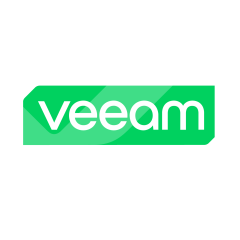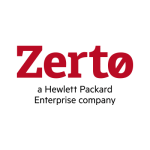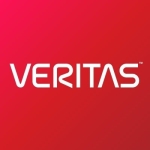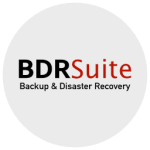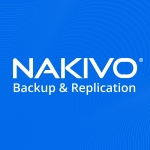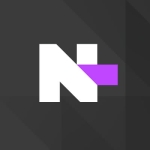What is our primary use case?
The main use case is performing a backup of a virtualized environment.
What is most valuable?
The most valuable feature is adaptability, where it automatically adapts to the environment that it's being installed on. It can auto-configure backup transport, whether it be a direct-attach or network-based.
It has one-click restores and instant recovery, which is important because if a product doesn't have a good restore and recovery capability, then the backup is pretty much useless.
What needs improvement?
They need full cloud integration such that an on-premises backup can be offloaded to the cloud for storage. It is my understanding that they are focusing on solidifying that now. Everybody wants to be able to integrate with the cloud.
For how long have I used the solution?
I have been using the Veeam Backup & Replication solution for 12 years.
What do I think about the stability of the solution?
Around the first quarter of this year, they rolled out release 10. The last stable version was 9.5 Update 4, and since the release of version 10, they just rolled out the first update, which is 10 Alpha.
Version 10a has a lot of fixes. For the most part, it's a very fluent software, and very stable. However, some of the new features, when they're trying to roll them out, they seem to have to do the updates just to stabilize those.
Over the years they've had some minor bugs, but nothing that stands out in the crowd compared to anything else because everybody else has the same issues.
What do I think about the scalability of the solution?
This is a scalable product.
How are customer service and technical support?
I've been very, very pleased with the Veeam software tech support. When you call in, you actually get a live person and they are typically able to assist you or direct you to second-tier support if it's above their typical area of expertise.
How was the initial setup?
The complexity of the initial setup depends on the environment and whether it is an all-in-one or distributed. For an all-in-one situation, it can be very straightforward. You just install it and press next, next, next. You will get everything you need and a fully functional product.
In a distributed setup, you have a couple of components that are external to the server that you're loading the main software on. This is a database server and reporting server, as well as an enterprise managing component. With these additional components, you have just a little bit more configuration. They're not that complex and I've actually done some other backups in the past that were more complex.
Overall, it is pretty straightforward.
What about the implementation team?
In the company that I work for, we have a managed services group. So, our backup and engineering team for managing other environments are also are skilled at doing Veeam.
We have a lot of customers that use Veeam, and I'm the installer implementer. I implement these solutions and do upgrades to them. There are a couple of us who are field engineers, and either of us can maintain and deploy updates.
What's my experience with pricing, setup cost, and licensing?
My understanding is that it is a fairly small price point. They have two different models, where one is based on the sockets that you're protecting, and the other is based on instances, or servers. You can choose whichever model works best for you.
What other advice do I have?
I think that this is a good product across any environment. I've installed it for schools, in the financial industry, for lawyers, and places that vary in size from small to large. I've never had any issues and I recommend it.
I know that there are always new features being released but at this point, there is nothing to say that I need anything more. That said, there is always room for improvement.
I would rate this solution a nine out of ten.
Disclosure: My company has a business relationship with this vendor other than being a customer: PARTNER

